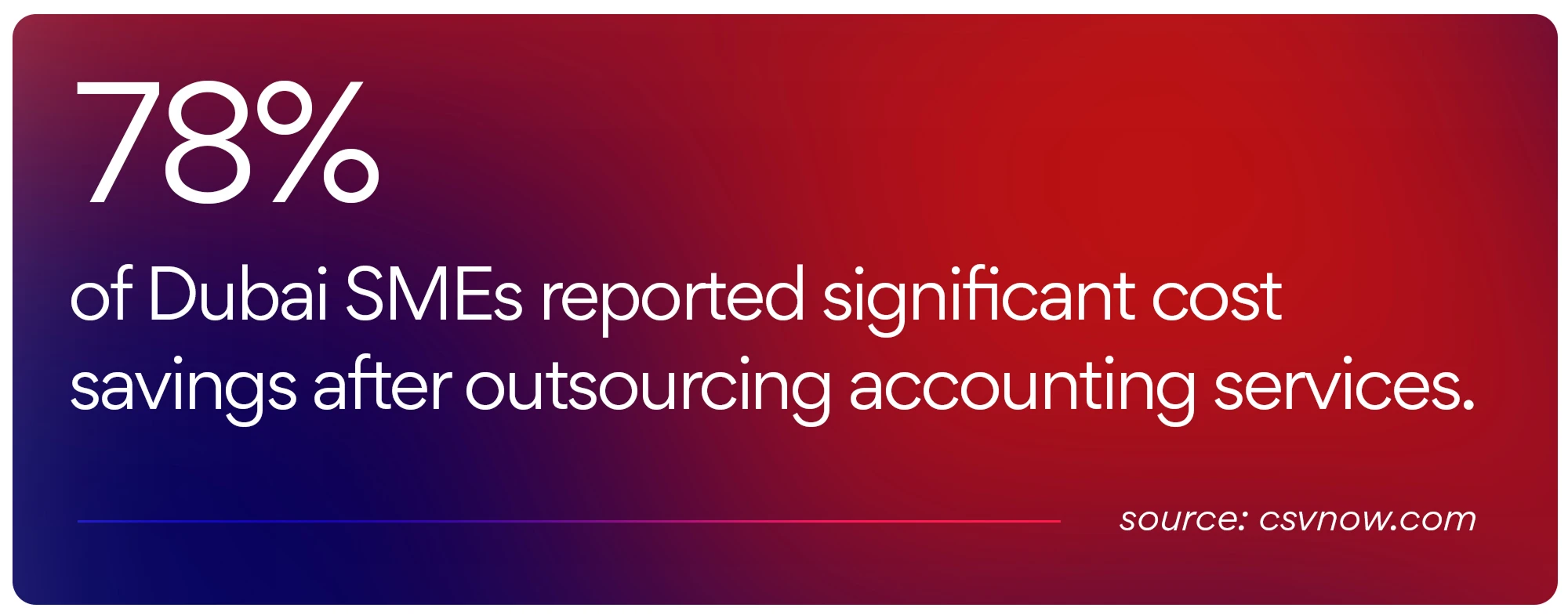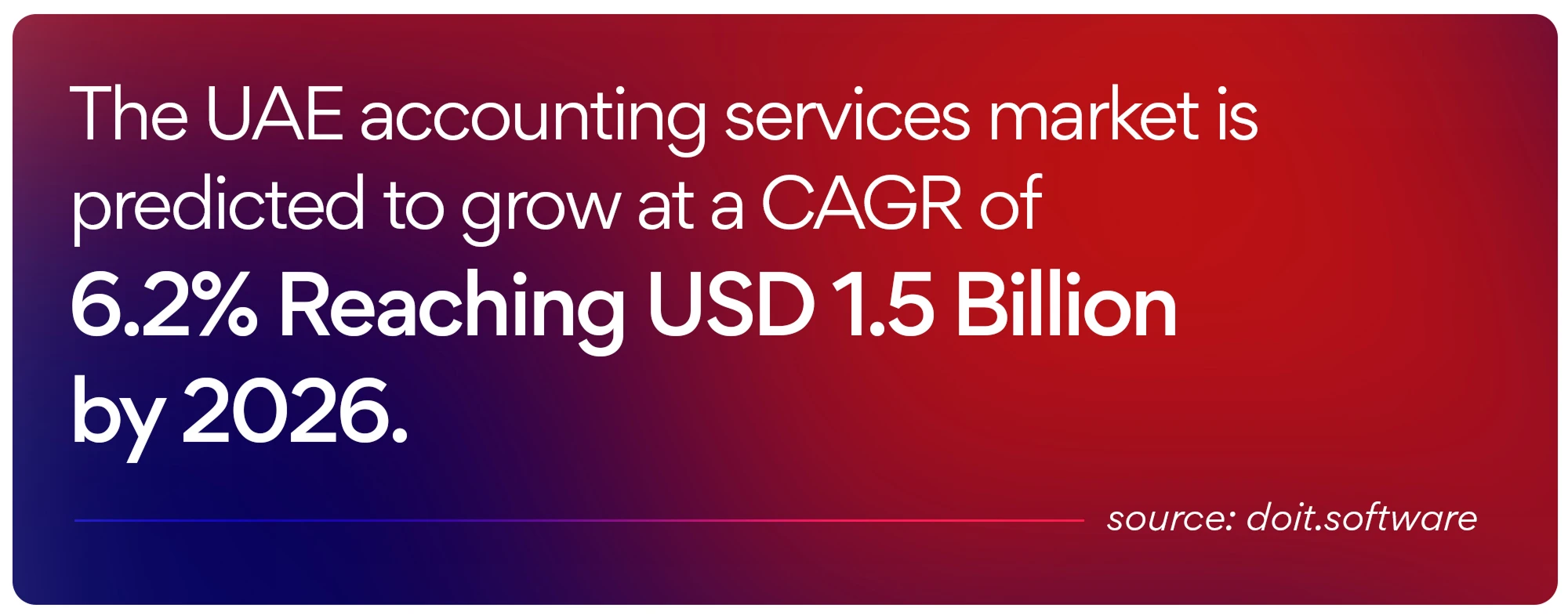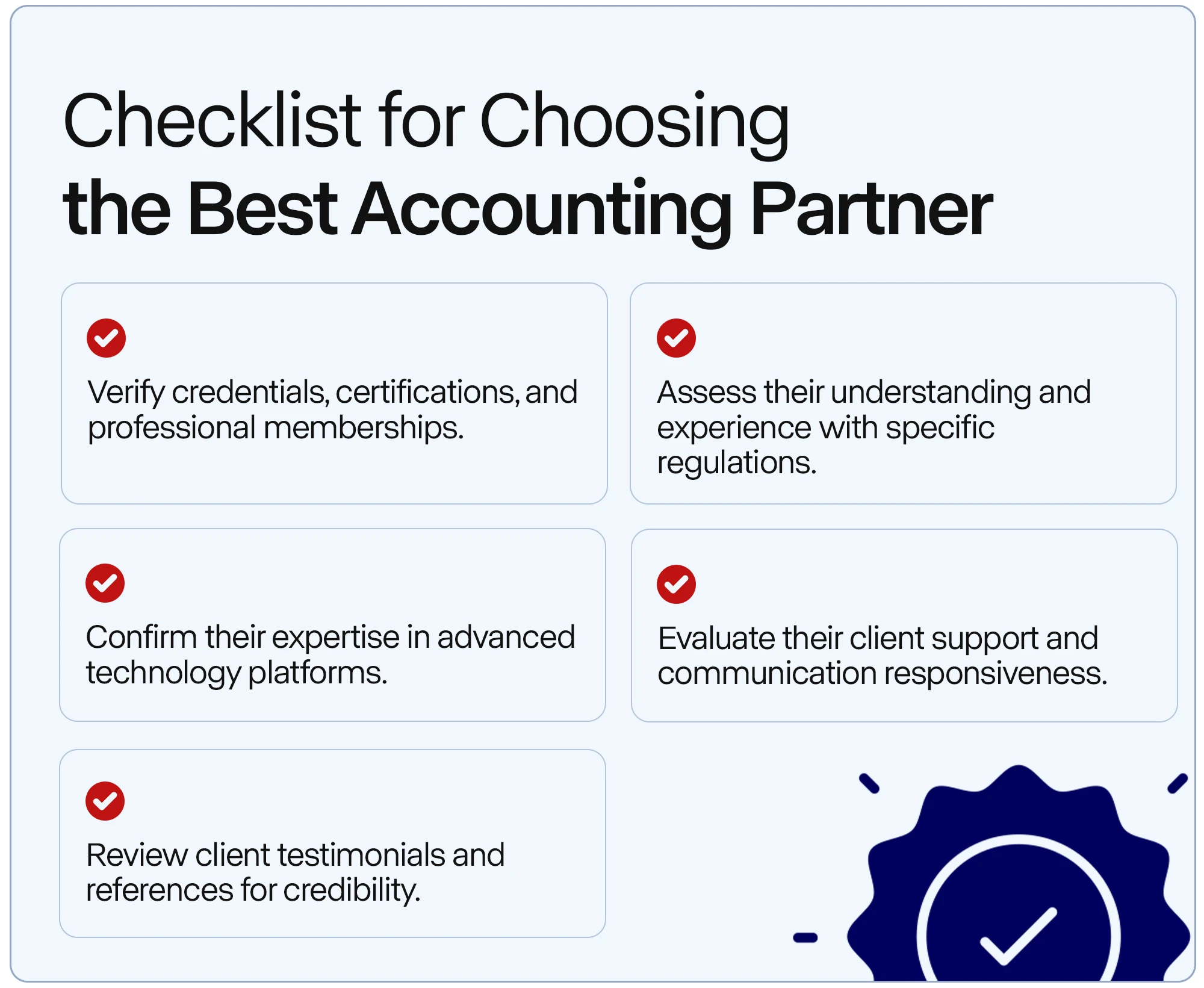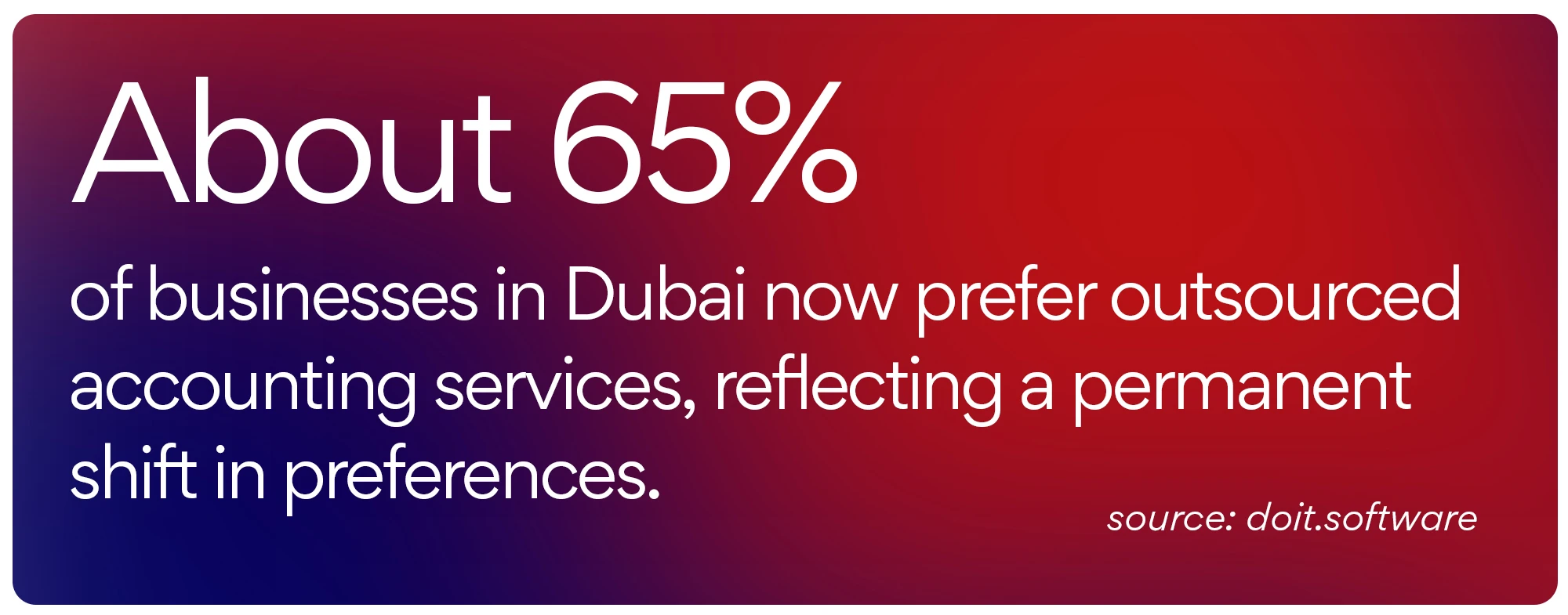Audits go beyond verifying numbers—they also evaluate your internal operations and controls. This process ensures businesses maintain transparent, reliable records and follow UAE regulations. For growing enterprises, regular audits are an essential safeguard against financial mismanagement and reputational risks.
We’ll highlight 20 leading companies offering accounting and bookkeeping services in Dubai. Each brings unique strengths, whether you’re seeking basic bookkeeping or comprehensive audit and advisory support. Regardless of your business size, these firms help streamline finances so you can focus on growth.
Ernst & Young (EY) is one of the “Big Four” professional services firms globally recognized for its extensive audit, consulting, tax, and advisory expertise. In Dubai, EY delivers comprehensive accounting and financial services tailored to local regulations, helping multinational corporations and growing SMEs.
Deloitte is another “Big Four” firm that combines global reach with a profound understanding of regional business environments. In Dubai, Deloitte offers audit, tax, consulting, and financial advisory services to support clients through every stage of the business lifecycle. Its multidisciplinary teams guide organizations in restructuring strategies, optimizing tax positions, and improving operational efficiency.
PricewaterhouseCoopers (PwC) is renowned for delivering multidisciplinary solutions encompassing assurance, tax, consulting, and deals advisory. Their Dubai office features experts who understand the UAE market’s unique regulatory and cultural dynamics, offering localized advice informed by PwC’s global perspective. Services range from handling complex audits and risk assessments to implementing tech-driven financial systems.
KPMG is a prominent name in audit, tax, and advisory services, priding itself on a combination of deep local insight and international best practices. In Dubai, KPMG assists businesses across various sectors—from finance and real estate to retail—in establishing effective risk management, streamlined processes, and solid corporate governance structures.
KBA is a UAE-based accounting and advisory firm that offers a comprehensive portfolio of services, including audit, bookkeeping, and financial consultancy. Focusing on small and mid-sized enterprises, KBA helps clients streamline their financial operations, ensuring compliance with Dubai’s rapidly evolving regulations.
BMS Auditing is a global network of audit, tax, and consulting professionals with a strong presence in Dubai. Specializing in international accounting standards, BMS Auditing assists clients in achieving statutory compliance, optimizing tax strategies, and bolstering internal controls. They cater to diverse industries, including hospitality, healthcare, and logistics, and their multilingual team supports smoother communication with multinational clients.
Reyson Badger offers accounting, auditing, and financial advisory services and is known for its personalized approach to client relationships. They emphasize robust financial record-keeping, which is critical for small to mid-sized businesses seeking improved data accuracy. Beyond traditional accounting, Reyson Badger offers advisory on regulatory changes, risk mitigation, and corporate governance best practices. Their professional team designs custom strategies to help companies comply with UAE laws, enhance financial transparency, and capitalize on potential growth areas in Dubai’s vibrant marketplace.
AVSC is a Dubai-based accounting and consulting firm that prides itself on end-to-end solutions, from bookkeeping and audit to business process outsourcing and CFO-level advisory. Their unique strength lies in understanding the operational aspects of a business, enabling them to deliver tailored financial management tactics. AVSC’s focus on digital transformation and cloud-based accounting systems helps clients streamline back-office functions while maintaining real-time visibility over economic performance.
HLB HAMT is part of the global HLB network, offering accounting, audit, and advisory solutions that serve a vast array of industries in Dubai. Their approach is characterized by proactive problem-solving, identifying potential financial challenges before they escalate. HLB HAMT assists companies in implementing robust accounting frameworks, optimizing VAT, and establishing effective corporate governance. Their advisory extends beyond routine financial tasks, guiding organizations in strategic planning, market-entry, and technology adoption.
NAM Accountants delivers comprehensive, detail-oriented accounting and bookkeeping solutions for businesses seeking to enhance operational efficiency. Their offerings extend to auditing, VAT compliance, and financial consulting, making them a one-stop destination for small and medium enterprises. NAM Accountants leverages user-friendly digital tools to streamline processes and mitigate risk, while their consultants work closely with clients to navigate Dubai’s tax landscape.
CDA Audit is known for its thorough audit engagements, professional bookkeeping services, and financial consulting expertise. They have built a considerable presence in Dubai by helping organizations fine-tune their accounting processes and comply with UAE regulations. CDA Audit’s strength lies in diagnosing inefficiencies within existing systems and implementing corrective measures, thereby boosting financial accuracy and cost savings.
Xact Accounting Services meets companies’ accounting and bookkeeping needs at varying growth stages. Their scope includes periodic financial reporting, internal controls, and audit readiness, ensuring businesses have a clear snapshot of their financial health. Xact emphasizes collaborative partnerships, providing ongoing advisory to help clients address shifting regulatory requirements in Dubai.
Crowe UAE forms part of the Crowe Global network, bringing expertise in audit, tax, risk advisory, and consulting to the Emirates. Serving sectors such as manufacturing, retail, and financial services, Crowe UAE supports clients in establishing strong internal mechanisms and ensuring regional compliance. The firm’s methodologies are steeped in international best practices while remaining cognizant of Dubai’s unique business nuances.
Mazare UAE provides diverse accounting, auditing, and advisory solutions, catering primarily to local and regional businesses looking to strengthen their financial systems. Their services include bookkeeping, statutory auditing, VAT optimization, and risk management. Mazare UAE emphasizes individualized attention, recognizing that each client has distinct operational needs and growth targets.
BDO UAE is part of the global BDO network, which is distinguished by its “people helping people” ethos and localized solutions. The firm’s strong presence in Dubai covers assurance, tax, financial advisory, and consulting services. BDO UAE’s teams use industry-specific knowledge to address retail, real estate, hospitality, and more challenges. Their offerings encompass internal audits, risk assessments, and corporate governance improvements, all facilitated by forward-thinking technology.
Aviaan Accounting presents a wide range of services, from standard bookkeeping and payroll management to specialized tax consulting and audit preparation. Their approach focuses on minimizing administrative burdens so business owners can concentrate on strategic initiatives. Aviaan Accounting strives to refine financial processes and maintain alignment with the constantly evolving regulations in Dubai by offering solutions tailored to each client’s lifecycle- whether a startup or an established corporation.
Mazars Lower Gulf operates within the more extensive Mazars global partnership, extending a broad portfolio of audit, accounting, tax, and advisory services to Dubai-based enterprises. They blend international methodologies with local market understanding to deliver solutions like due diligence, VAT compliance, and corporate restructuring. Mazars’ collaborative style involves close engagement with clients to identify potential financial risks and craft tailor-made strategies for addressing them.
Protiviti UAE specializes in business consulting, internal audit, risk and compliance, and transformation services. Working across numerous sectors, their teams assist in improving operational efficiencies, managing regulatory changes, and enhancing corporate governance frameworks. Protiviti’s approach is marked by data-driven analysis, leveraging digital tools to uncover insights that inform strategic decisions.
Moore Stephens Lower Gulf is affiliated with the Moore Global Network, providing a full range of auditing, accounting, and advisory solutions for clients of various sizes and sectors in Dubai. Their services include financial statement audits, VAT compliance, corporate finance, and business consultancy. Moore Stephens places a premium on building enduring relationships, striving to anticipate client needs and tailor their approaches accordingly.
Technological advancements such as AI-driven financial analytics, blockchain-based transparent record-keeping, and automated compliance monitoring tools are reshaping the Dubai accounting industry. Businesses adopting these technologies experience higher accuracy, reduced costs, and quicker compliance with regulatory updates.


































 IMC Group
IMC Group